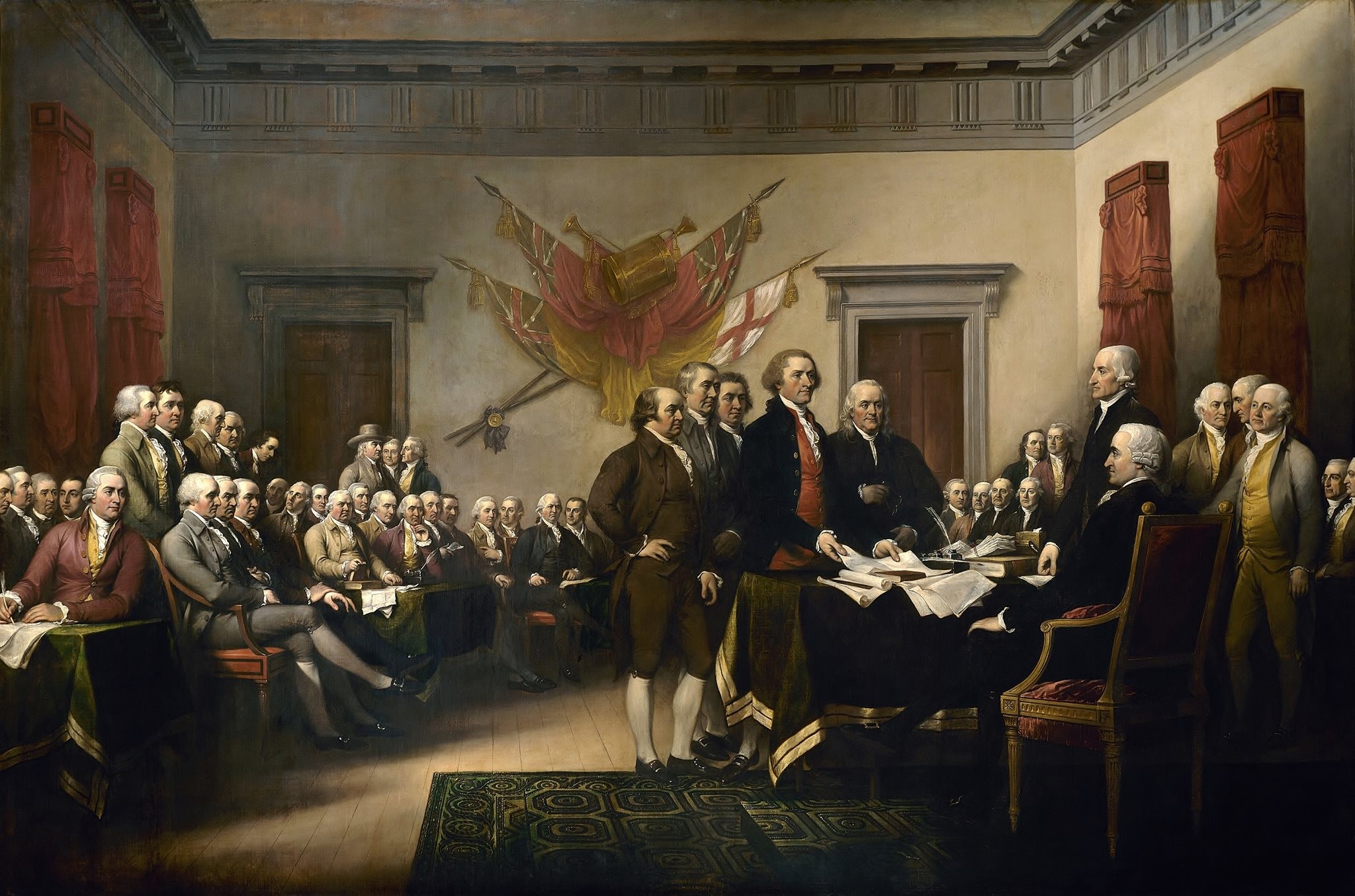 I reckon most people aren’t too comfortable with the idea of punishing children for the actions of their forefathers. At least when the idea is stated explicitly. Consider Exodus 20:5-6.
I reckon most people aren’t too comfortable with the idea of punishing children for the actions of their forefathers. At least when the idea is stated explicitly. Consider Exodus 20:5-6.
Thou shalt not bow down thyself to them, nor serve them: for I the LORD thy God am a jealous God, visiting the iniquity of the fathers upon the children unto the third and fourth generation of them that hate me; And shewing mercy unto thousands of them that love me, and keep my commandments.
It’s a given that most non-religious people would not be comfortable with the idea. And yet, I think even most people whose religion considers the above as scripture would also be uncomfortable with this. Just for the hell of it, a [biased] sample of interpretations: in Judaism the rabbinic interpretation is that the punishment is only if the children continue the sins of their fathers. In Christianity, Aquinas for example gives a fairly similar answer. Whatever else is happening, at least religions are uncomfortable enough to deny this explicitly, even if they have to jump through some apologetic contortions and ignore large parts of the Bible to do so.
And yet, the implicit idea of such punishment is alive and well. There are plenty of people who still believe in the blood libel. But it goes much deeper than that. The blood libel is still an extreme example — but a lot of people still somehow identify themselves with their forefathers.
This is present in most long-standing conflicts and in most debates about grievances that happened more than one generation ago. “We” were massacred by “you”…80 or 100 or 1000 years ago. From the Holocaust to the Armenian genocide to the creation of Israel to the Partition of India to the decimation of the Mayans, the Incas, the native Americans living in what’s now the USA, the list goes on. Identifying yourself with “your” ancestors still seems to be the rule. And the assumption this carries with it is that the other side is responsible for what their ancestors did to our ancestors*. It’s still frighteningly common to hear statements like “I don’t like Turkey because they massacred the Armenians”, or some equivalent.
Firstly on why it’s wrong. Besides the dubious moral value of visiting the “sins of the fathers”, there’s a scientific problem. You have 2 parents, 4 grandparents, 8 great-grandparents and so on. Assuming 25 years per generation, if you go back just 27 generations (ie. to the year 1295 assuming you were born around 1970) you will have 134M ancestors or 1/4 of the world population in 1295. Of course it doesn’t really work like that because people tend to marry within their communities. However, even a small amount of moving about by a few people has surprising consequences for your family tree. As discussed in a wonderful chapter of The Ancestor’s Tale by Richard Dawkins, your ancestors almost certainly form a far wider net than you could ever imagine. It’s certainly wider than whatever ethnicity you identify with**. The point is that there’s probably no meaningful way in which “your ancestors” refers to whatever historical group you are thinking of — and not to a whole bunch of other historical groups as well.

So the second question is why we might be prone to this bias. For this, a good explanation comes from the premise of the book Supersense by Bruce Hood***. You are sitting in a crowd and an announcer shows you a jacket, saying he will pay anyone (eg) $10 to wear it in front of everyone. Most people put their hands up to volunteer. The announcer then adds that the jacket belonged to a serial killer. The number of hands goes down significantly.
Now, as pointed out in this forum, it might be rational to forego wearing the jacket. Some damage might be done to people’s perceptions of you if they associate you with the serial killer (even unconsciously) thanks to some quirks of our psychology. But still, the basic reason still stands. People don’t want to put on the jacket largely because a large part of our brains believes the “essence” of the serial killer resides in that jacket. This is something that we’re all susceptible to, the question is how much we can suppress it. It’s probably also related to why creationism, animism or supernatural beliefs and Platonic essentialism are the “default” position for humanity and why it takes education to suppress these.
This might provide a partial answer. Intuitively, we think of nationalities as having a Platonic “essence” that somehow travels down the generations but stays intact. It stays intact probably because people have a very hard time thinking mathematically in terms of the messiness of population genetics. Seeing this essence probably helps us categorise the world and save valuable processing time. But it might just be a key ingredient in racism, as well as the silliness of identifying yourself with your forefathers, too.
*Just to clarify, I am not discussing things like reparations/compensation to address imbalances that persist today because of the original crimes. This post only concerns actual blame for the original crime.
**If you do identify with a particular ethnicity. If your family is multi-ethnic then it’s even easier to see how far the spread goes.
***I haven’t read the book but have heard Hood discuss the premise on quite a few podcasts so I feel qualified enough to mention at least that premise.




0 Comments